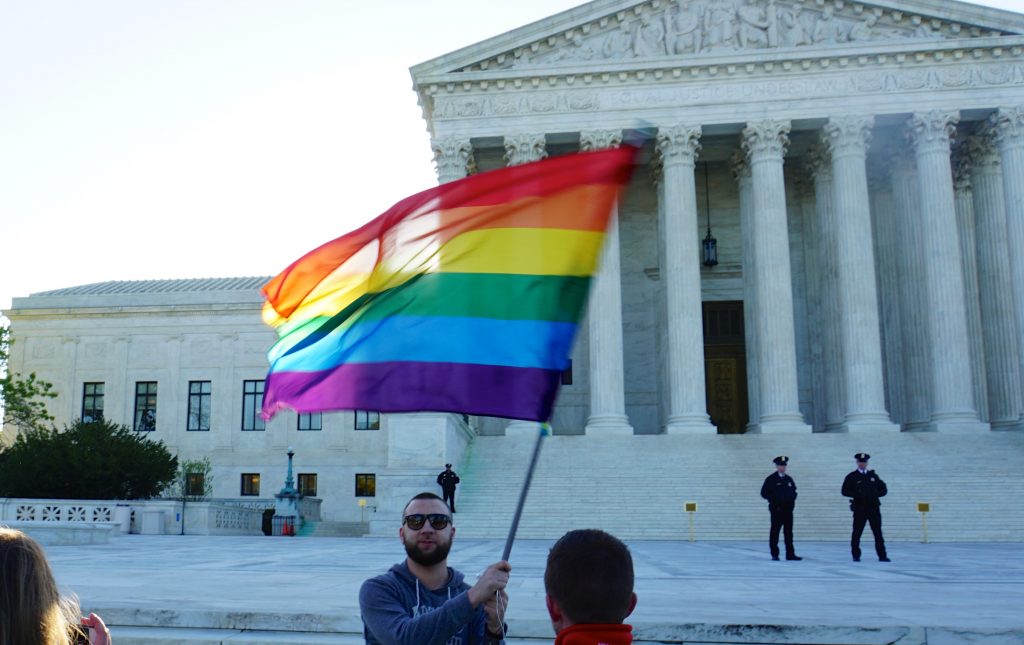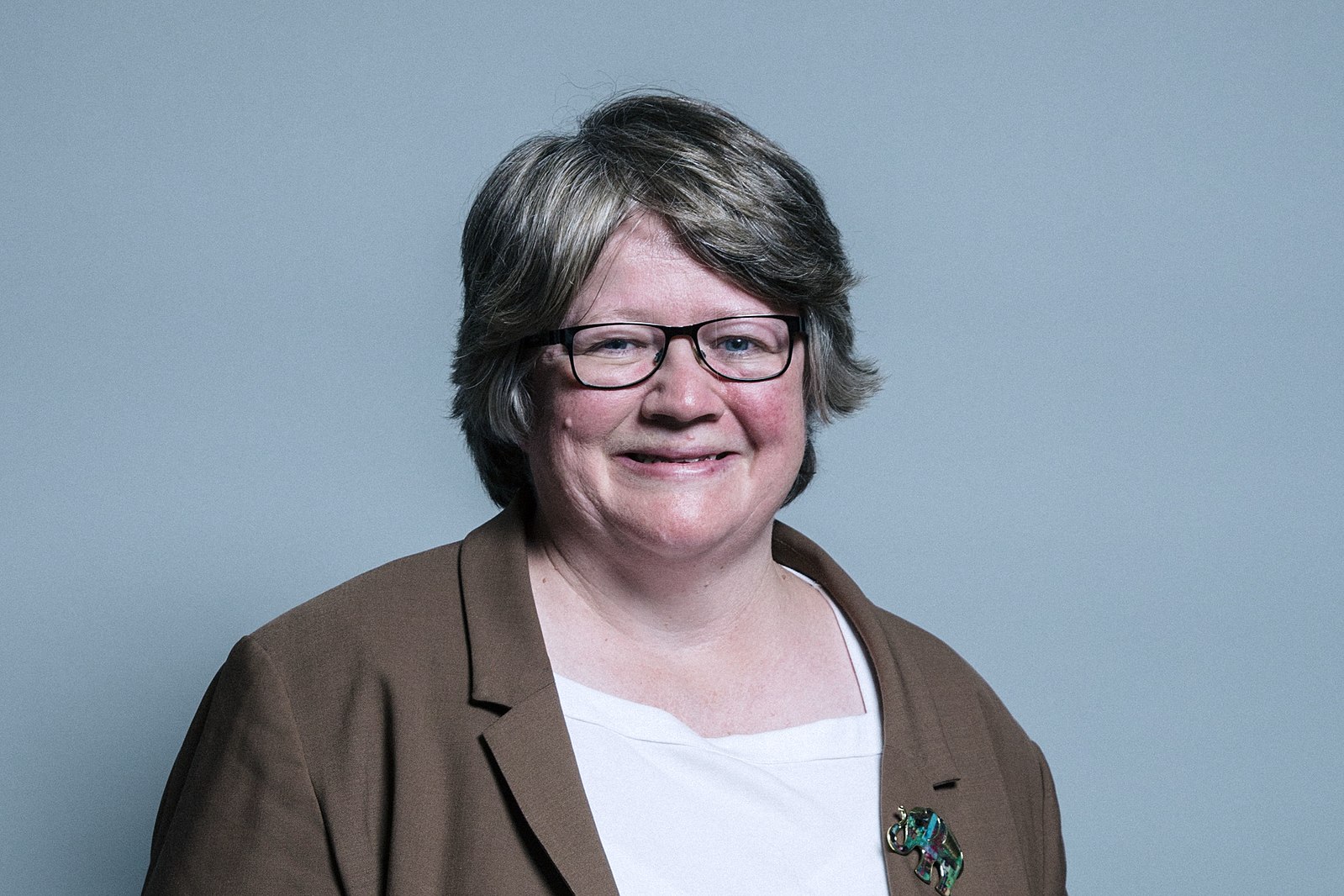Thérèse Coffey swiftly replaced Work and Pensions Secretary Amber Rudd after she resigned from Prime Minister Boris Johnson’s cabinet on Friday (6 September).
In her resignation letter, Rudd cited a lack of government action in seeking a Brexit deal and the “short-sighted culling” of 21 now ex-Tory MPs who voted against the party whip last week.
I have resigned from Cabinet and surrendered the Conservative Whip.
I cannot stand by as good, loyal moderate Conservatives are expelled.
I have spoken to the PM and my Association Chairman to explain.
I remain committed to the One Nation values that drew me into politics. pic.twitter.com/kYmZHbLMES
— Amber Rudd MP (@AmberRuddHR) September 7, 2019
Suffolk Coastal MP Thérèse Coffey has now been drafted in to head up the Department of Work and Pensions (DwP) – which, among other things, is responsible for welfare payments to the country’s most vulnerable people.
However, she is not replacing Rudd in the separate role of Minister for Women and Equalities, a position which remains vacant at the time of publication.
Coffey’s voting record shows she toed the Conservative party line in voting to repeal the Human Rights Act (HRA) and replace it with a British Bill of Rights, although she does not appear to have said a great deal on this topic.
The HRA enables everyone in the UK to go to their nearest court when they feel their fundamental rights under the Convention of Human Rights have been breached, rather than having to traipse all the way to European Court of Human Rights in Strasbourg.
EachOther has done some digging to see how she stacks up on other human rights issues.
Equality

Image Credit: Teadc/Flickr.
Coffey strongly opposes same-sex marriage – she voted against introducing it in England and Wales in 2013, and in Northern Ireland this July.
She was among a group of 15 MPs who urged the House of Lords to block the legislation after it received landslide support in the House of Commons in February 2013.
“Of course marriage is about loving commitment to one another, but for me it is fundamentally still about family, the bedrock of society,” she said in her speech at the time. “Marriage involves special provisions, such as support for the family and the procreation of children.
“Of course that is not the case for all families, for various reasons, but I nevertheless think those provisions are too important to be tampered with in rushed legislation that has not been subject to adequate consultation.”
She added: “Not enough attention has been paid to the valid concerns of people who are genuinely frightened about the possibility, mentioned by [fellow Tory MP Fiona Bruce] that they will be prosecuted if they do not offer weddings of all kinds.
“Although the Minister did not say this, legal advice suggests that people who work for councils will not be able to discriminate.”
Environment

Image Credit: Unsplash.
Before her promotion to Secretary of State for Work and Pensions, Coffey was an environment minister for two years. She was tasked with trying to fill the void of environmental law which the UK will face if and when it exits the European Union.
Speaking to PoliticsHome in January, Coffey spoke of her ambitions to curb air pollution – which, according to the UN, is contributing to more than seven million premature deaths a year, and should be treated as a human rights issue.
“More and more claims are being made every day about a correlation between pollution and an increase in diseases,” she said. “We don’t yet have the evidence to fully back that up, but we do know that there’s a clear link with vulnerable people in particular.”
She added: “Part of our plan is to help consumers with their choices by phasing out the sale of the most polluting solid fuels that we have. And that’s something we intend to put in our Environment Bill.”
Press Freedom And Privacy

Image Credit: Unsplash.
Coffey served as part of the Commons’ culture, media and sport committee in 2011, at the time of an inquiry into the phone hacking scandal involving the now-defunct News of the World (NoW).
It revealed that the phone messages of more than 4,000 people had been intercepted by the NoW – a criminal offence which breaches victims’ right to privacy, as protected under Article 8 of the Convention of Human Rights.
In a damning report published at the end of inquiry into the NoW, Coffey voted against including a line critical of the newspaper’s owner Rupert Murdoch.
The line in question was: “Rupert Murdoch is not a fit person to exercise the stewardship of a major international company.” The report went on to state Murdoch “turned a blind eye and exhibited wilful blindness” to what was going on in his company.
Right To Housing

Image Credit: The Elite Ayrshire Business Circle / Flickr.
In 2016, Coffey voted down a Labour amendment to the government’s Housing and Planning Act which would have required landlords to make their homes “fit for human habitation.”
The amendment was rejected by 312 votes to 219. Coffey was among 72 MPs who voted against it and are themselves landlords who derive income from a property.
Article 11 of the International Covenant on Economic, Social, and Cultural Rights (ICESCR) protects the right to an adequate standard of living including food, clothing and housing.
Want to know more? Why not read:
- Our primer on the human rights records of the other members of Prime Minister Boris Johnson’s cabinet.
- Read about the fight to enshrine the right to adequate housing in Scot’s law.







